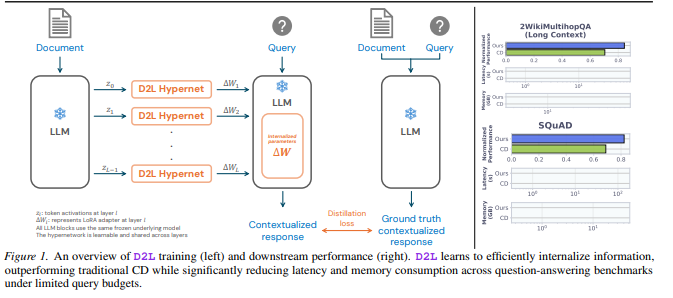Meta's High-Stakes AI Talent Hunt Faces Challenges
Meta's Aggressive AI Recruitment Strategy Meets Resistance
Meta CEO Mark Zuckerberg is leading an ambitious campaign to recruit top artificial intelligence researchers for the company's new super AI lab, according to a report by Wired magazine. The social media giant has extended staggering compensation packages - some exceeding $1 billion over several years - in an attempt to lure talent from competitors.
The Billion-Dollar Talent War
The company has specifically targeted employees at Thinking Machines Lab (TML), the AI startup founded by former OpenAI executive Murati. Of TML's 50 employees, Meta has approached at least 12 with offers ranging from $200 million to over $1 billion paid over four-year periods. First-year compensation packages reportedly reach between $50-100 million.

Meta spokesperson Andy Stone disputed some details of the report, stating: "While we have extended invitations to select TML employees, many of the reported figures are inaccurate." Stone questioned the motivations behind what he characterized as exaggerated salary claims.
Zuckerberg's Personal Touch
The recruitment process involves direct WhatsApp outreach from Zuckerberg himself, followed by rapid interview scheduling with Meta executives. In these conversations, Zuckerberg emphasizes Meta's vision to develop world-class AI assistants that could provide personalized services to billions of users worldwide.
Challenges in Attracting Top Talent
Despite the financial incentives, Meta faces significant hurdles:
- Company culture concerns: Some candidates express reservations about Meta's leadership style and work environment
- Competitive landscape: Well-funded startups like TML (recently valued at $12 billion) offer both financial security and mission-driven work
- Product roadmap skepticism: Some researchers question whether Meta's AI direction matches their professional aspirations
Strategic Implications for the AI Race
Meta appears committed to an open-source strategy for its AI development, hoping to commoditize the technology and challenge OpenAI's market position. However, this approach requires maintaining a critical mass of top research talent - something the recent recruitment struggles highlight as challenging.
The situation underscores the intense competition in artificial intelligence research, where a single talented researcher can command compensation packages rivaling those of professional sports stars.
Key Points:
- Meta offering unprecedented compensation (up to $1B+) for AI researchers
- Focused on recruiting from Thinking Machines Lab with limited success
- Zuckerberg personally involved in recruitment via WhatsApp
- Company culture and mission alignment emerging as key obstacles
- Open-source strategy depends on attracting top-tier talent
